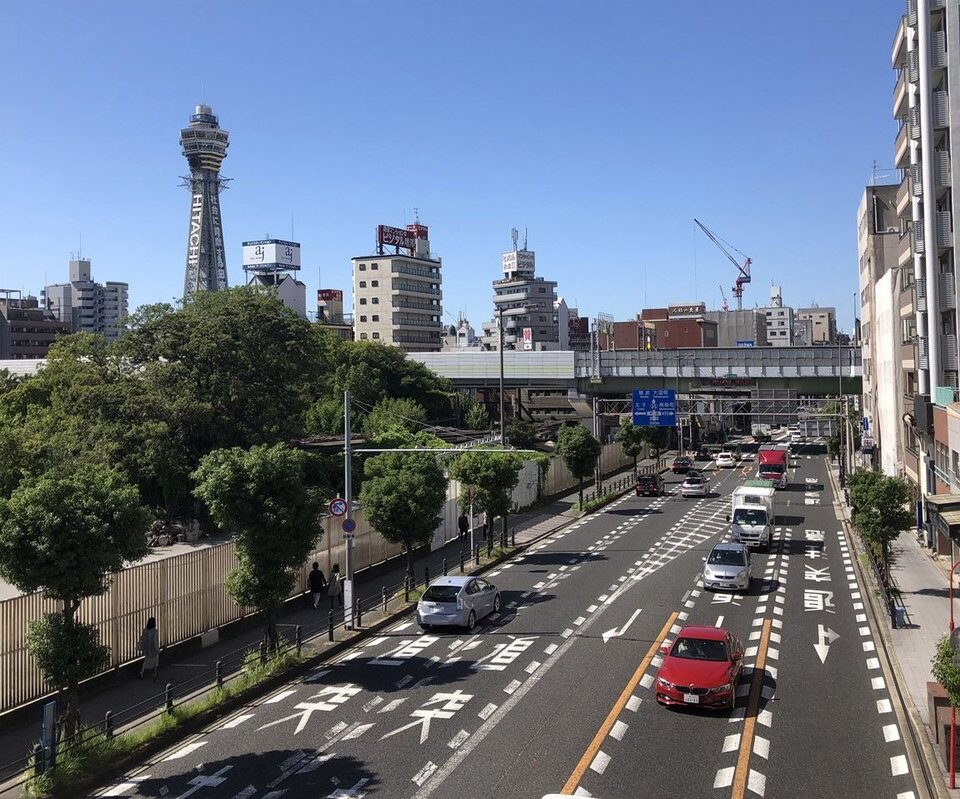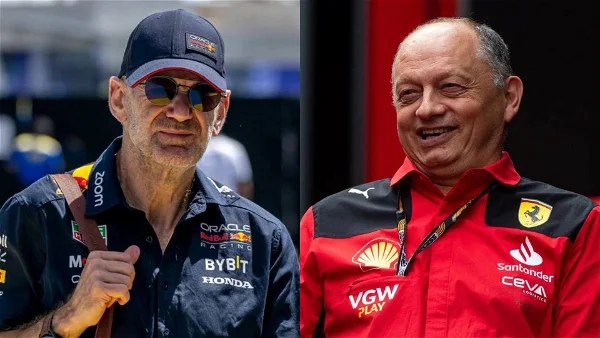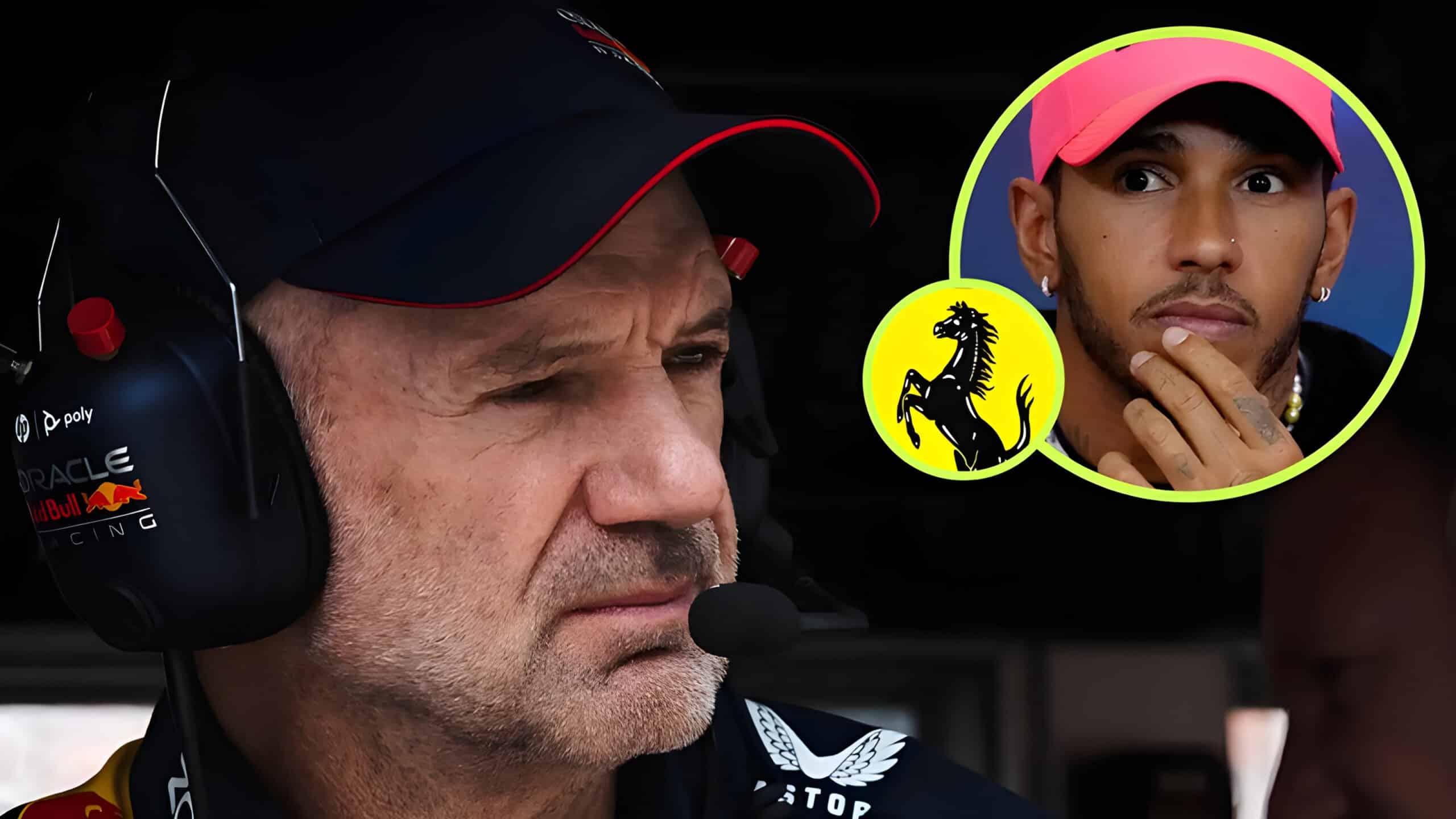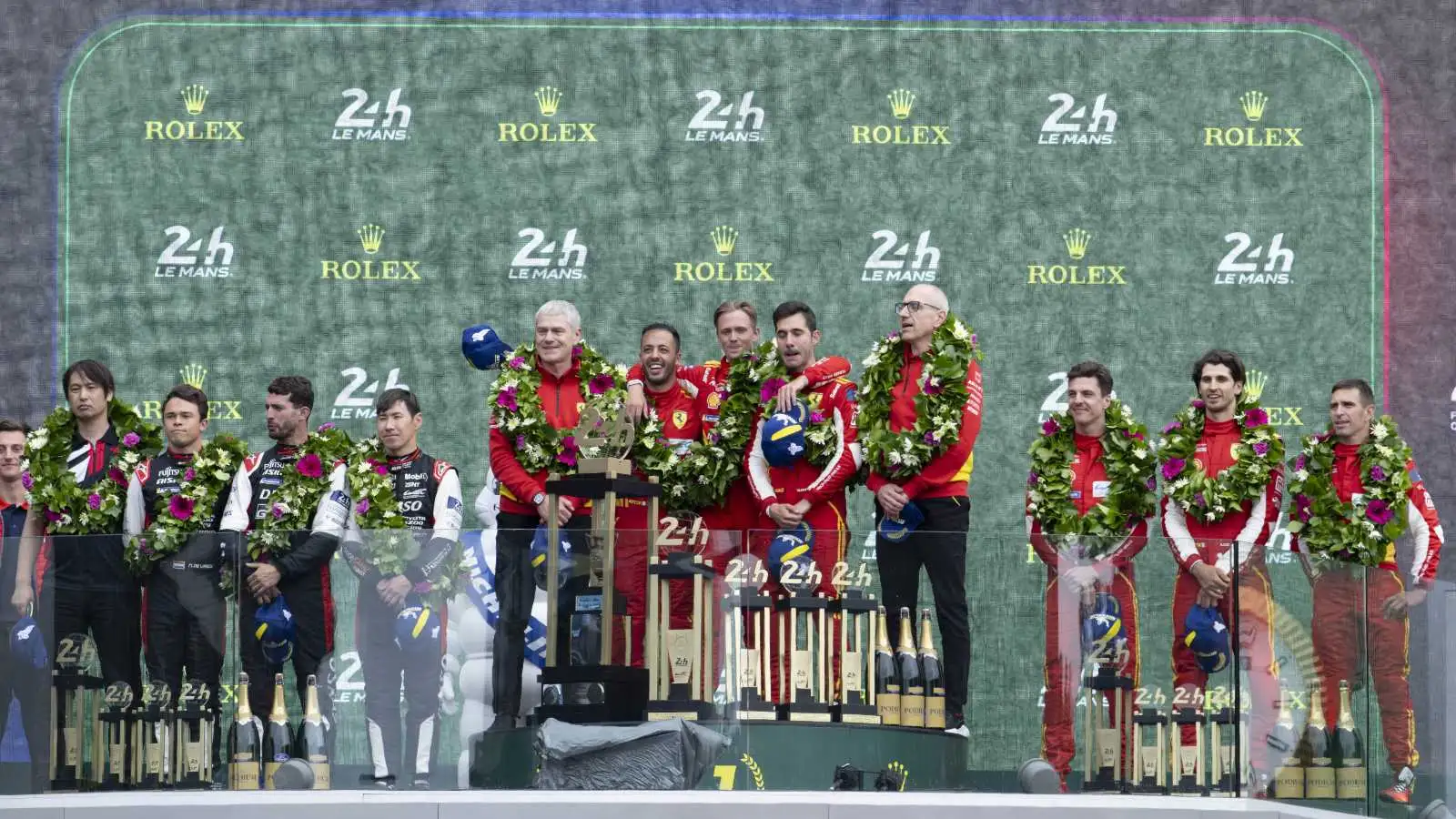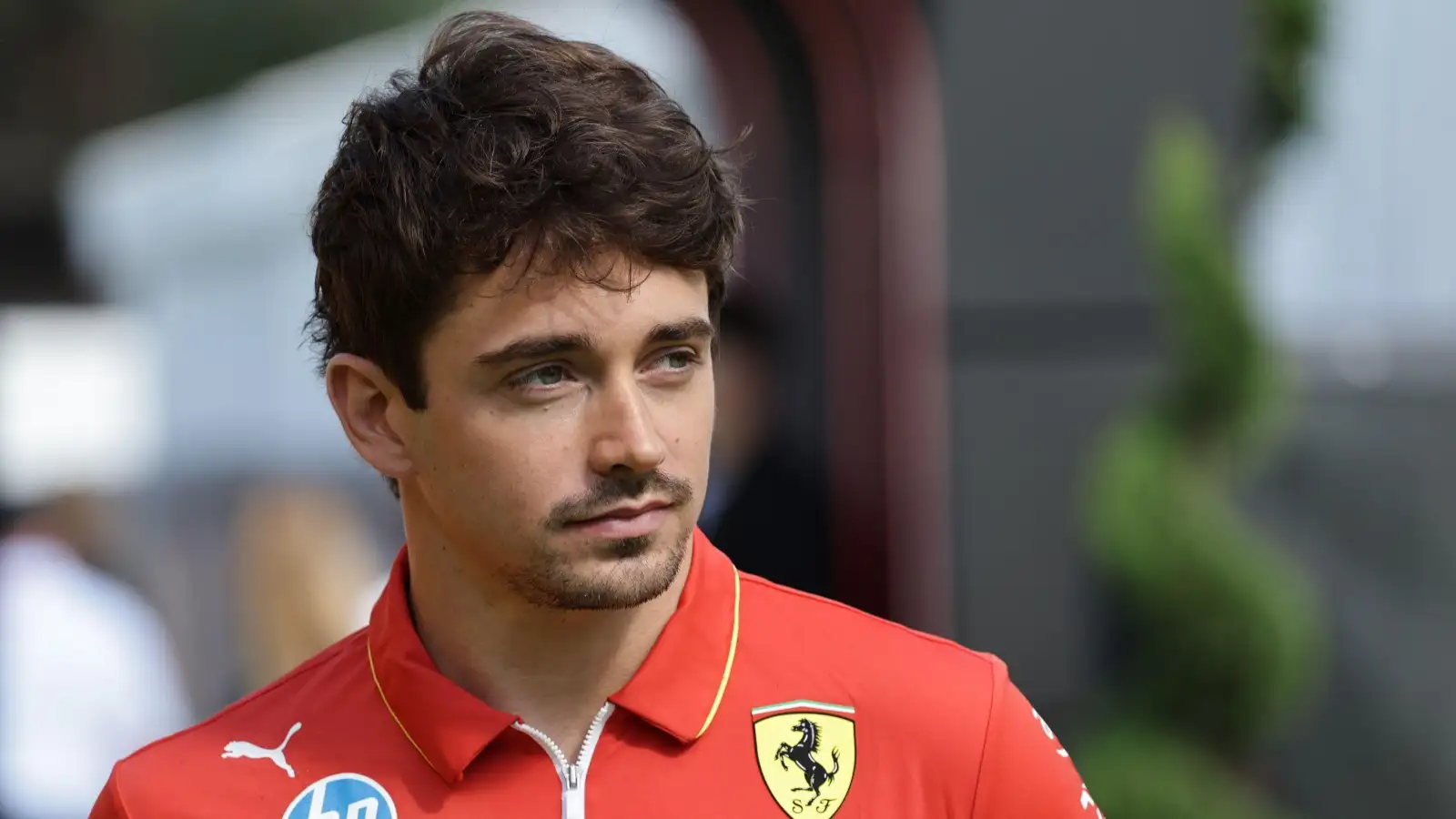Osaka is revving up its engines to secure a spot on the Formula 1 calendar. The Japanese city has formed a new motorsport promotion council to boost its bid for a future Formula 1 race hosting slot, despite some potential roadblocks.
In January, Osaka officials went public with their intent to attract Formula 1 as part of a broader effort to transform the city’s economic outlook and position it as an international tourism hotspot. To make this dream a reality, the ‘Osaka Convention & Tourism Bureau’ was established, consisting of nine council members. This team of experts will discuss the importance of bringing motorsport to Osaka and the economic ripple effects it could create. Their mission also includes educating residents about the potential race and highlighting how it could contribute to a safer and eco-friendlier mobility society.
Hiroshi Mizohata, president of the Osaka Convention & Tourism Bureau, expressed optimism: “Since we announced in January this year that we would try to attract the F1 Grand Prix, we have received many opinions from various stakeholders and fans,” Mizohata said. He emphasized that while motorsport in Japan is often seen as a niche interest, its growing diversity makes it a sport for everyone. “It also has the character of being a testing ground for environmentally friendly mobility such as carbon neutral,” he added.
The council’s lineup is impressive, featuring experts from various fields. Among them are Mizohata, tourism and urban development expert Mitsuru Sawada, motorsport specialists Masahiko Kondo, Juichi Wakisaka, and Tomoyuki Ogawa, and media expert Kenichi Tanaka. Other members include entertainment expert Kazuto Sawai, local stakeholder expert Seizo Imamura, diversity expert Tomo Igata, academic expert Takayuki Furuta, and Secretary-General Yoshikazu Tanaka.
Mizohata believes that a successful Japanese Formula 1 driver could ignite national interest in motorsport, similar to how baseball star Shohei Ohtani has captured the imagination of many in Japan. The confidence is high that motorsport could become a source of dreams and hopes for Japanese children, just as it is in Europe and elsewhere. “I am convinced that motorsports will be revitalized [in Japan] if motorsport athletes, like Shohei Ohtani in baseball, come into the spotlight,” Mizohata stated.
However, Osaka faces a significant hurdle: Suzuka’s new deal to host its Formula 1 round until the end of 2029. This contract complicates Osaka’s aspirations, considering that the existing calendar is already packed with 24 rounds. Furthermore, Osaka and Suzuka are just 80 miles apart, making it unlikely for both cities to host a race. The Osaka authorities have suggested a round-the-city street track, a new permanent venue, or a hybrid format around the Osaka Expo site on Yumeshima Island. Nevertheless, Formula 1 is reluctant to add another race so close to Suzuka.
As new races like Madrid are poised to join the calendar, older venues are at risk of being replaced, such as Barcelona, which is expected to drop off after 2025. Osaka remains steadfast in its long-term goal of securing a Formula 1 race. The city’s commitment is clear, but whether it can overcome these challenges and make its racing dream come true remains to be seen.
Osaka’s drive to host a Formula 1 race is filled with ambition and hurdles. The city’s new motorsport promotion council is working hard to make this dream a reality. Whether the plan will succeed depends on overcoming significant obstacles, including Suzuka’s existing contract and the congested F1 calendar. One thing’s for sure: Osaka is in it for the long haul.
